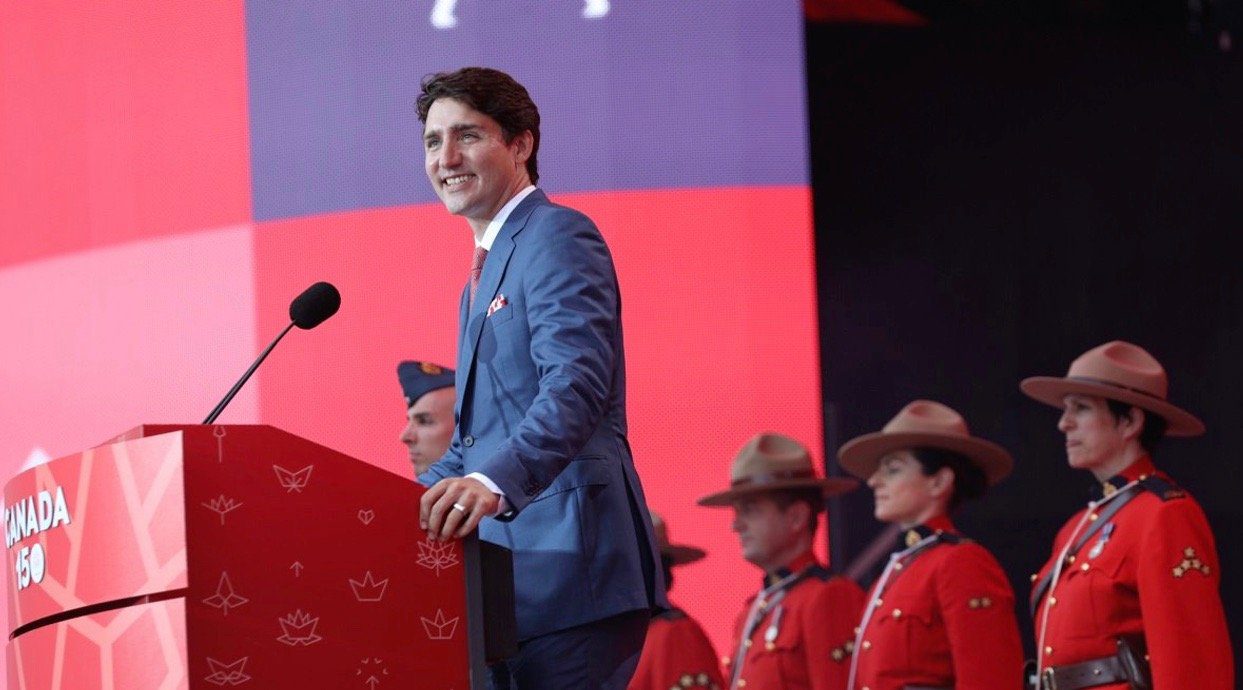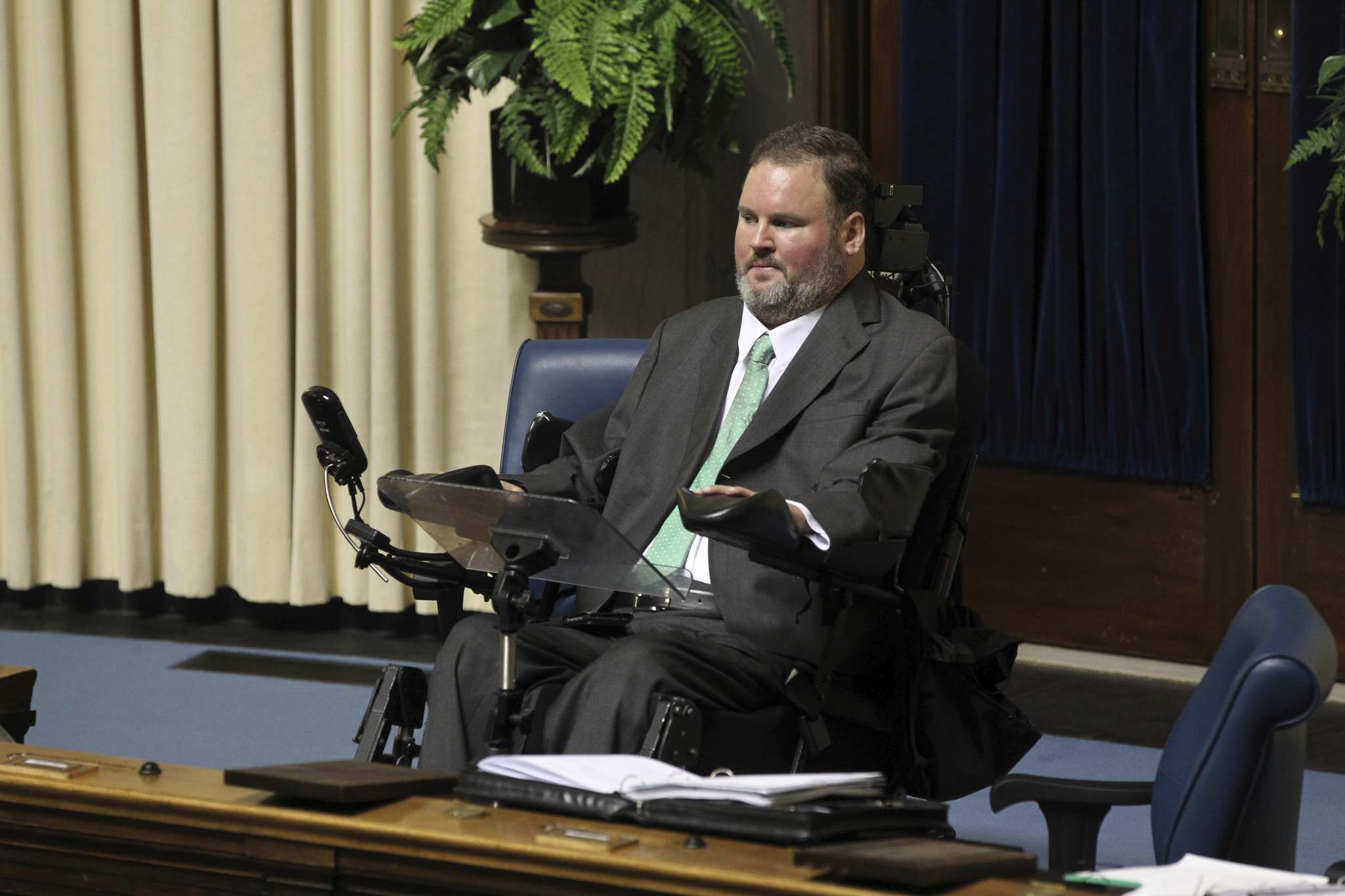Forgetting to include Alberta may have been an oversight on Trudeau's part but it's now a permanent part of our 150th birthday celebration. And that's not fake news, folks
TORONTO, Ont./Troy Media/ I never thought I would live to see the day when a Canadian prime minister forgot to mention one of our provinces at a public event.
Yet that's exactly what happened to Justin Trudeau.
During his Canada Day speech in Ottawa, the PM said that Canadians are "of every colour and creed, from every corner of the world." That's certainly true.
"We may live in British Columbia, Yukon, the Northwest Territories, Saskatchewan, Manitoba, Nunavut, Ontario, Quebec, New Brunswick, Prince Edward Island, Nova Scotia, or Newfoundland and Labrador," Trudeau noted. "But we embrace that diversity while knowing in our hearts that we are all Canadians."
There's nothing wrong with this sentiment, either. Unfortunately, one rather important component of his inspiring message was missing: Alberta.
That's right. Our prime minister forgot to mention the one province that has had a long small 'c' conservative political history (up until recently). The one province that hasn't elected a Liberal government since 1921. The province that gave birth to the federal Reform Party, and provided significant political and financial support to both the Canadian Alliance and Conservative Party. The one province that loathed the federal Liberals for almost four decades, and didn't elect a single MP under that party banner during the periods of leadership from Trudeau pere to Trudeau fils.
Yeah, how could he possibly remember the name of that province?
I'm obviously having a bit of fun. I fully believe the reports that Alberta was included in Trudeau's original speaking notes and he missed this reference by accident.
Otherwise, it's the sort of egregious error, or intended/unintended omission, that would immediately destroy a political career and get a speechwriter fired in a nanosecond. No excuse or explanation would ever be truly satisfactory.
What remains interesting about the "Where's Alberta?" escapade was the massive amount of damage control that was needed.
First, Canadian actress Sandra Oh cleaned up Trudeau's mess after he left the stage. As the co-host of the event, she had to stop the bleeding.
Second, Trudeau apologized to the entire province of Alberta when he returned a short while later. "Let me just start by saying I'm a little embarrassed," he said. "I got excited somewhere over the Rockies. Alberta, I love you. Happy Canada Day." (He also posted a similar message on his Twitter account.)
Third, the CBC and other media organizations tried to sweep this matter under the rug as fast as they could pick up a virtual broom. Accidents happen, everything will be fine and don't forget, Gordon Lightfoot will be here to entertain us in a few short hours!
You don't have to be a political spin doctor (Liberal or otherwise) to realize why this had to be done. It may have been an oversight on Trudeau's part, but it was now a permanent part of Canada's 150th birthday celebration. And that's not fake news, folks.
Will Albertans be in a forgiving mood?
As expected, right-leaning opponents like Alberta Wildrose Leader Brian Jean and federal Alberta Conservative MP Michelle Rempel played up Trudeau's gaffe to the hilt. That's the nature of the political game. If the roles were reversed, the Liberals would surely have pounced.
Meanwhile, a Canadian Press piece on July 1 showed some forgiveness and some ill will coming from Albertans who attended the festivities in the nation's capital. Kudos to one respondent, Michael Viola, who amusingly pointed out that "Something's going to get legalized next year. Maybe he's just test-driving something."
The evil weed strikes again!
Yes, this controversy will blow over in due course. We'll all move on to different stories and new political missteps.
Yet there's no way for Trudeau and the Liberals to ever erase the fact that Alberta was, for a brief period, the Polkaroo of Canada Day 2017.
Photo Credit: Montreal Gazette
Troy Media columnist and political commentator Michael Taube was a speechwriter for former prime minister Stephen Harper.
© 2017 Distributed by Troy Media








